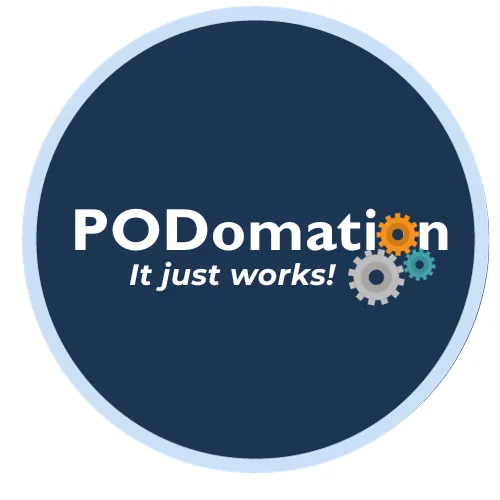See Our Latest Blogs
All about CRM, Automations, Workflows

Terms and Conditions, Who is it for?
“Do not take advantage of each other, but fear your God. I am the LORD your God. "Follow my decrees and be careful to obey my laws, and you will live safely in the land. Then the land will yield its fruit, and you will eat your fill and live there in safety.” - Leviticus
What are Terms and Conditions?
Terms and conditions (T&C) are required for several important reasons, both for businesses and their customers or users. Here are some key reasons why terms and conditions are necessary:
Legal Protection: T&C serve as a legally binding contract between a business and its users or customers. They outline the rights, obligations, and responsibilities of both parties, which helps protect the interests of the business in case of disputes or legal issues.
Setting Expectations: T&C provide clear guidelines on how the website or service works, what users can and cannot do, and any limitations or restrictions. This helps users understand what to expect and how to use the service appropriately.
Risk Mitigation: By specifying the terms under which a service is provided, T&C can help mitigate risks and liabilities for the business. They can include disclaimers, limitations of liability, and indemnification clauses to protect the business from certain types of legal claims.
Intellectual Property Protection: T&C can include clauses that address intellectual property rights, such as copyright, trademark, and patent protections. This helps prevent users from using, copying, or distributing the business's content or intellectual property without permission.
Privacy and Data Handling: T&C often include a privacy policy that outlines how user data is collected, used, stored, and protected. This is crucial for compliance with data protection laws and for building trust with users regarding their personal information.
User Consent: T&C often require users to agree to the terms before using a website or service. This explicit consent can be important, especially when collecting sensitive information or when users need to agree to specific terms, such as age restrictions or community guidelines.
Compliance with Regulations: Depending on the nature of the business and its operations, T&C may be required to comply with various laws and regulations. For example, e-commerce websites may need to include terms related to consumer protection and sales tax.
Dispute Resolution: T&C can specify how disputes between the business and users will be resolved, including whether disputes will be subject to arbitration, mediation, or litigation, and in which jurisdiction.
Communication: T&C often include contact information and procedures for users to reach out to the business for inquiries, complaints, or support. This helps facilitate communication and customer service.
Business Flexibility: T&C can be updated and modified by the business to reflect changes in its operations, services, or legal requirements. This allows the business to adapt to evolving circumstances.
In summary, terms and conditions are required to protect both businesses and users by clearly outlining the rules, responsibilities, and expectations associated with using a website or service. They help establish a legal framework, protect intellectual property, and ensure compliance with applicable laws and regulations, ultimately contributing to a smoother and more transparent relationship between businesses and their customers.
Hope this helps! Have a blessed day!
Get In Touch
Email: support@podomation.org
Address
Office: 8060 E Gale Rd
Assistance Hours
Monday to Saturday: 9:00am – 7:00pm EST
Sunday and Holidays: CLOSED or By Appt Only
Phone Number:
(844) 982-4763
Strategic Solutions, Real Results
With PODomation, It just works.
© 2025 MyPod Enterprise LLC. All Rights Reserved.
All sales are final. Review Terms - Cancellation Policy

support@podomation.org
(844) 982-4763
8060 E Gale Rd

